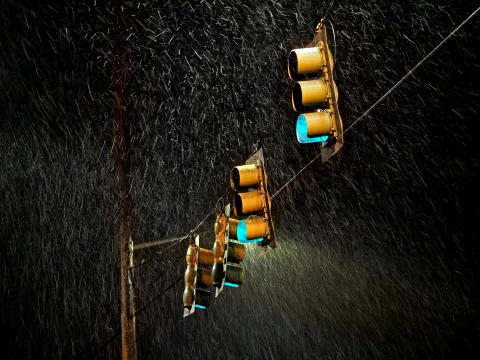

Some resources from federal government sites are currently unavailable; when possible, we’ve provided alternative non-government links to ensure continued data access.
Take action to strengthen climate education — we can’t do it without you. Share how your students are learning from SubjectToClimate resources. Small act, big impact.

Positives
Additional Prerequisites
Differentiation